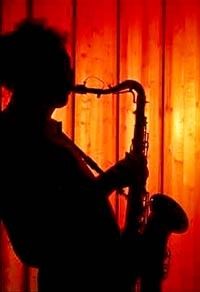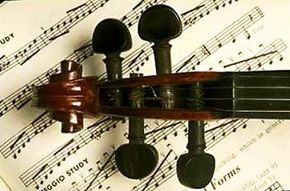The Basics
Music licensing in the United States is made possible by the protection that U.S. copyright law provides for artists. According to this article from the U.S. copyright office:
So a sound recording is just that -- a recording of sounds.
Advertisement
There are several things that can be copyrighted in any sound recording for a song.
- There are the actual sounds themselves -- the performance of the work.
- There are the notes that the musicians play to create the song -- they could be embodied in sheet music.
- There are the lyrics for the song -- they can be written down on a sheet of paper.

For example, let's say I sit down and I write a piece of music and entitle it "Electric Snik". I record it onto a tape using an electronic keyboard:
Let's say that I also come up with lyrics for a song called "She's So Incredible" that I sing to the melody of "Electric Snik". Now I play "Electric Snik" and I sing "She's So Incredible" while recording it on a tape recorder. If I send the tape to the U.S. copyright office with the proper forms and the registration fee, I will own copyrights for the song, the lyrics, and the actual performance recorded on the tape.
Technically, the registration process with the copyright office is not officially necessary in order for me to own the copyright. I actually own the copyright as soon as I create the song and write it down. However, to enforce the copyright in court, registration is required.
Once I have the copyrights, I can sell rights to the song if I choose to, and I can also prevent anyone else from using the music, the lyrics or the actual performance of the song. I "own" the whole song and all the rights to it. I can license the song in any way I choose.
